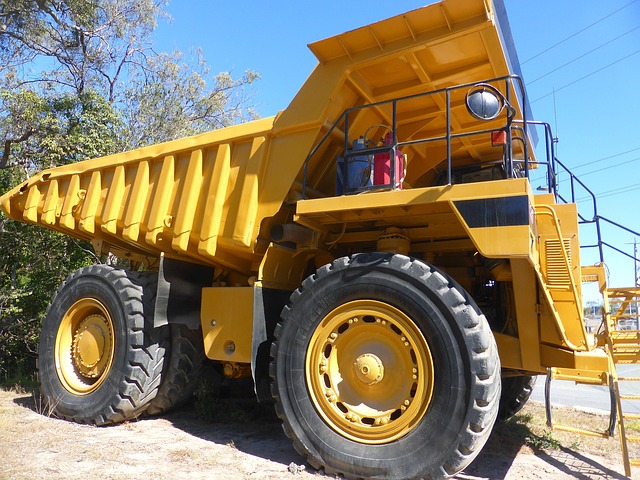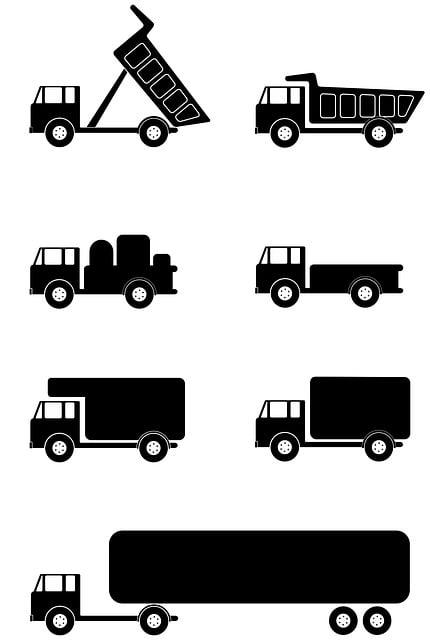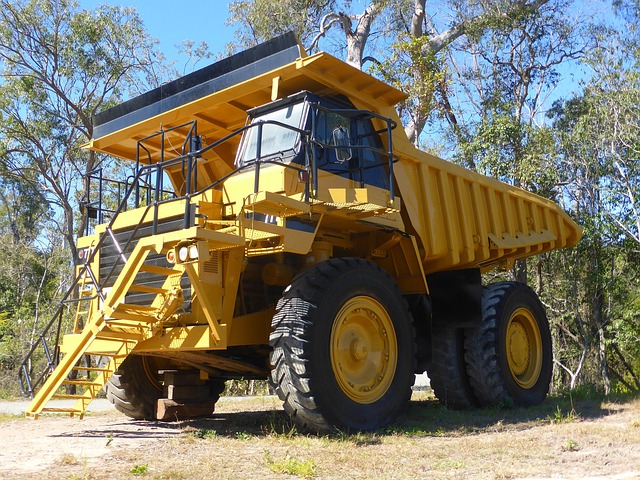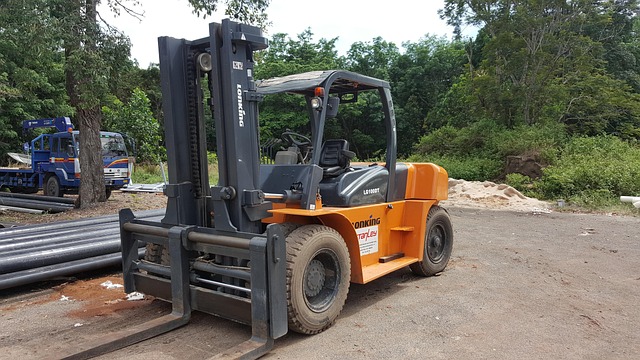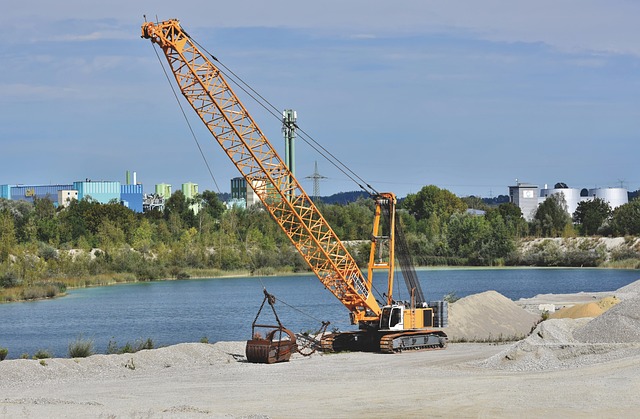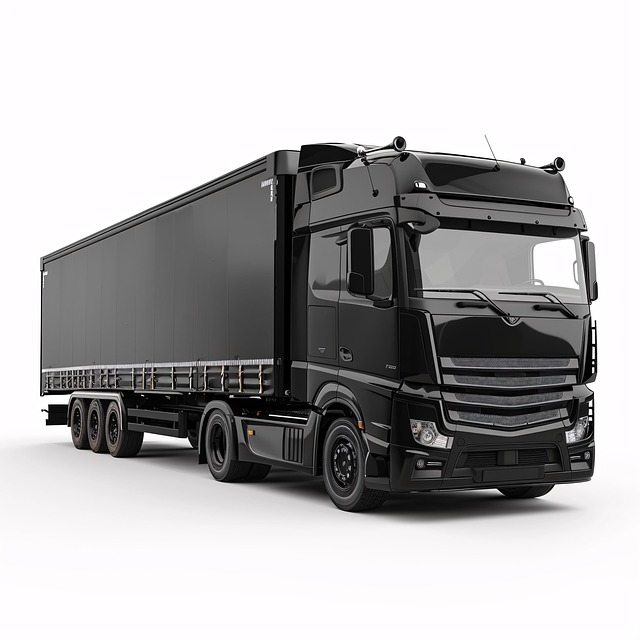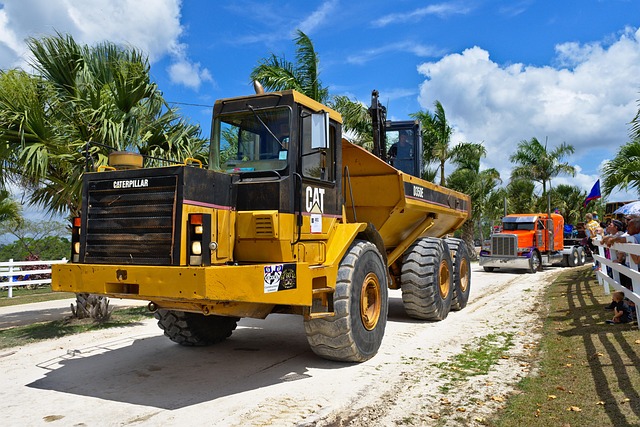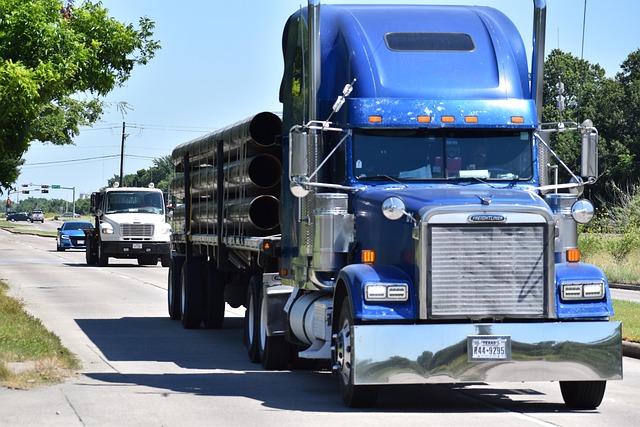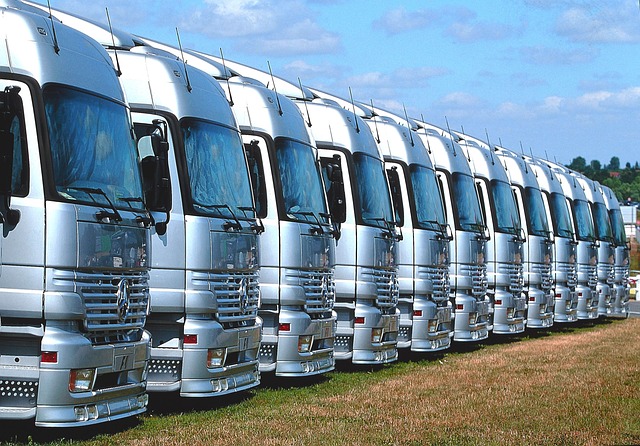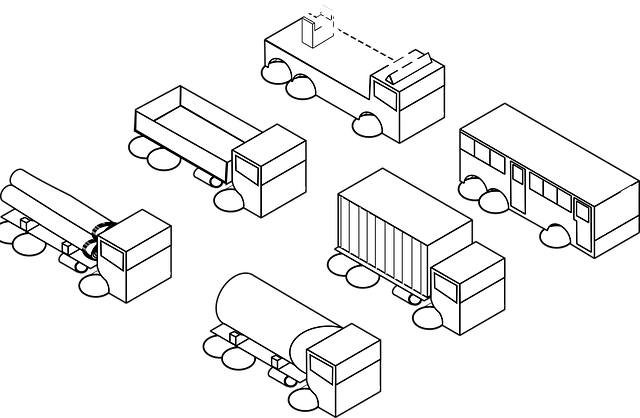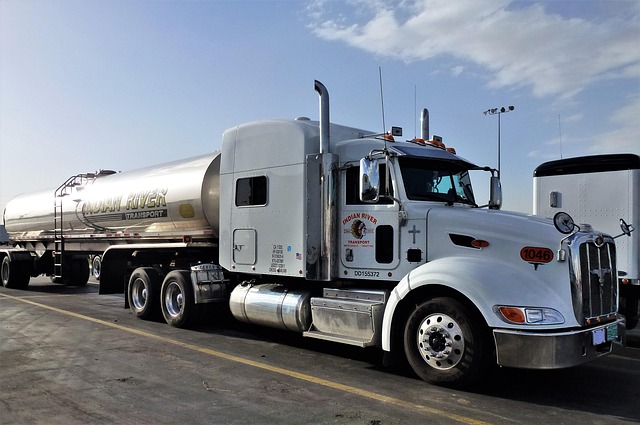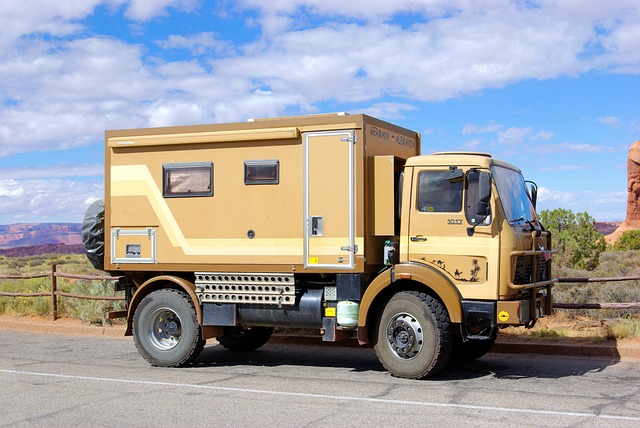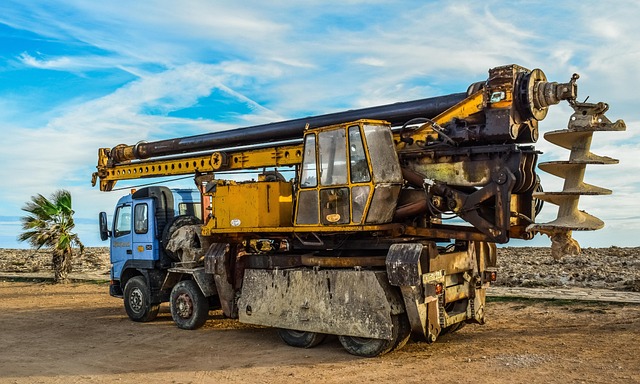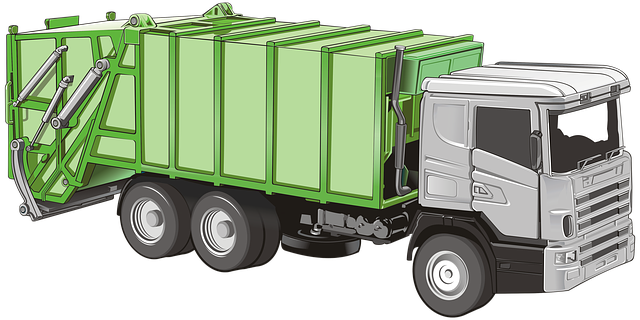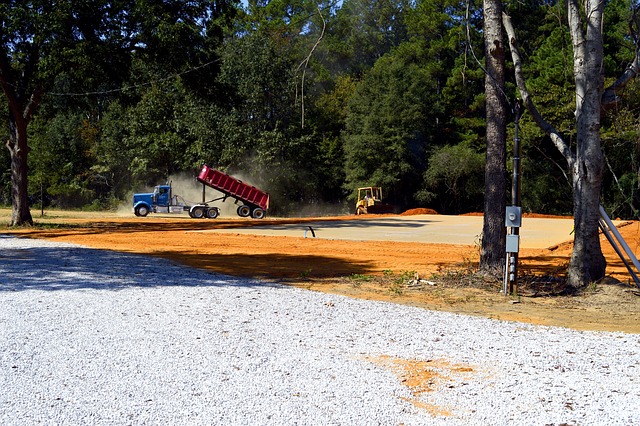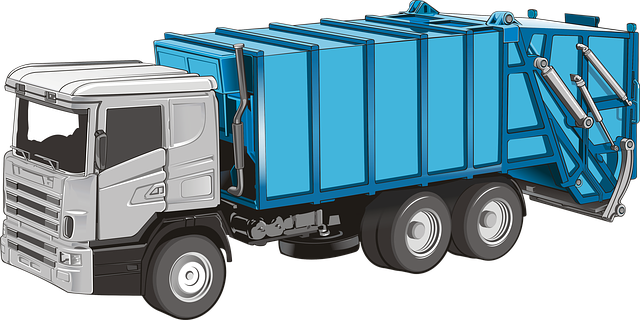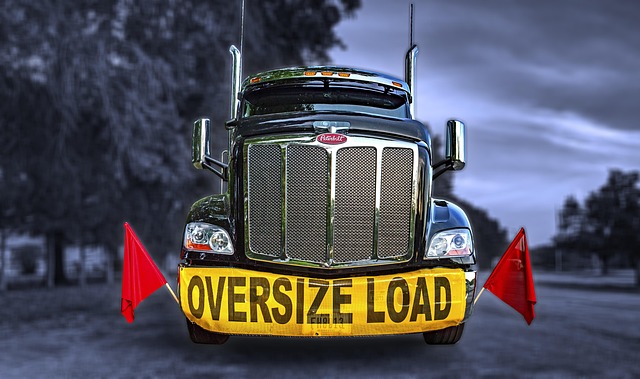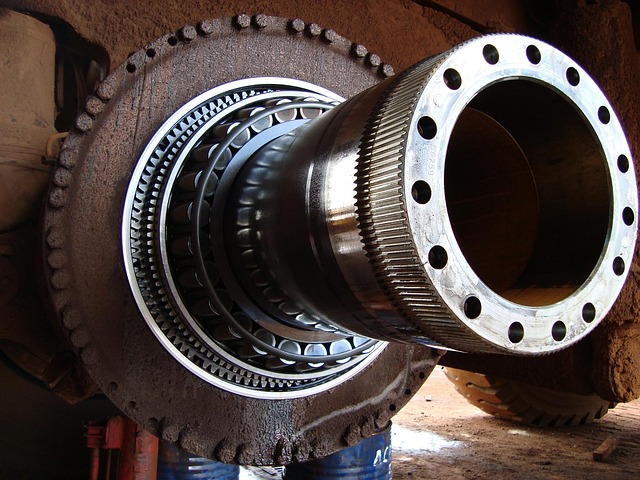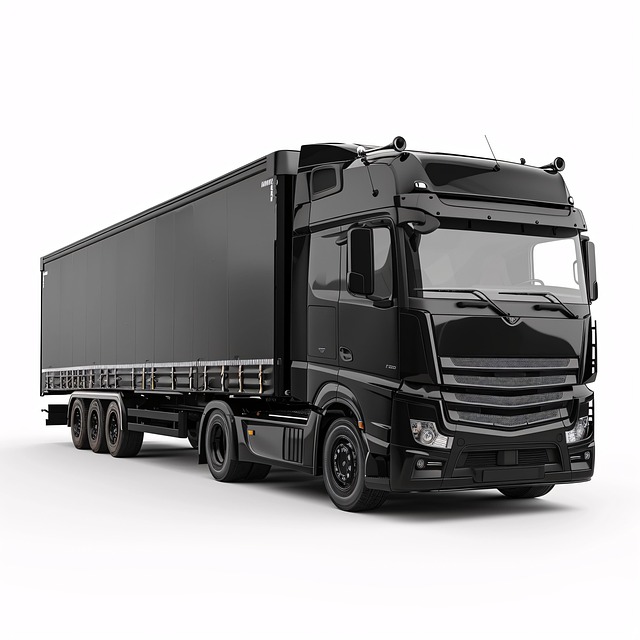Heavy haul permits are essential for transporting oversized loads, requiring specialized trucks and adherence to safety regulations. Obtaining these permits involves selecting appropriate heavy-duty trucks, gathering documentation, and submitting applications. Understanding permit requirements, renewal cycles, and leveraging modern technologies ensure legal compliance and efficient operations with Select Heavy Duty Trucks.
In the realm of logistics, transporting oversized or unusual cargo requires specialized equipment and permissions. This article guides you through the intricate process of obtaining a heavy haul permit, essential for navigating the regulations surrounding select heavy-duty trucks. From understanding basic permit requirements to documenting your application and renewing permits, we break down each step. Learn about eligibility criteria and the specific types of heavy-duty trucks covered under these permits.
- Understanding Heavy Haul Permit Basics
- Eligibility Criteria for Permits
- Documentation Required for Application
- Types of Heavy Duty Trucks Covered
- Process of Obtaining a Heavy Haul Permit
- Renewals and Expiry Considerations
Understanding Heavy Haul Permit Basics

Understanding Heavy Haul Permit Basics
Heavy haul permits are essential for transporting oversized or unconventional loads that exceed standard vehicle dimensions and weight limits. These specialized permits ensure safety and legality during transportation, allowing select heavy-duty trucks to navigate specific routes and overcome height restrictions. Obtaining a heavy haul permit involves a thorough understanding of local regulations and careful planning, including detailed load planning tools for haulers.
When considering the operation of autonomous driving commercial trucks, it’s crucial to align them with these permit requirements. Advanced technologies like airborne sensors for truck fleets can aid in precise route planning and real-time monitoring, ensuring compliance and minimizing disruptions. By leveraging these innovative solutions, haulers can streamline their operations, enhance efficiency, and maintain adherence to heavy haul permit mandates.
Eligibility Criteria for Permits
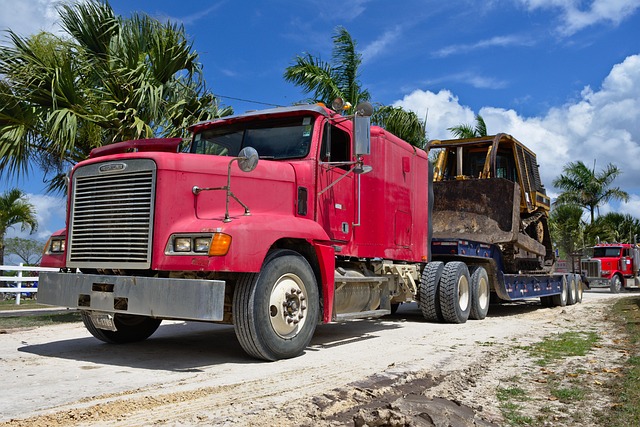
Obtaining a heavy haul permit involves more than just owning a robust fleet; it’s about ensuring safety and compliance with regulations. To be eligible for such permits, operators must meet specific criteria. These include proving a strong financial standing to handle the responsibilities of transporting oversized or heavy loads. Companies should demonstrate their capability to maintain tough commercial truck options, adhering to rigorous safety standards. This includes proper licensing, insurance coverage that meets industry benchmarks, and the availability of collision avoidance systems for big rigs to mitigate risks on the road.
Furthermore, the selection of heavy-duty trucks should be strategic, aligning with the nature of the haul. Operators considering lease-to-own programs for big rigs as part of their fleet management strategy can benefit from long-term cost savings and flexibility. This approach allows them to invest in modern vehicles equipped with advanced safety features, enhancing overall efficiency and reducing environmental impact during heavy haul operations.
Documentation Required for Application
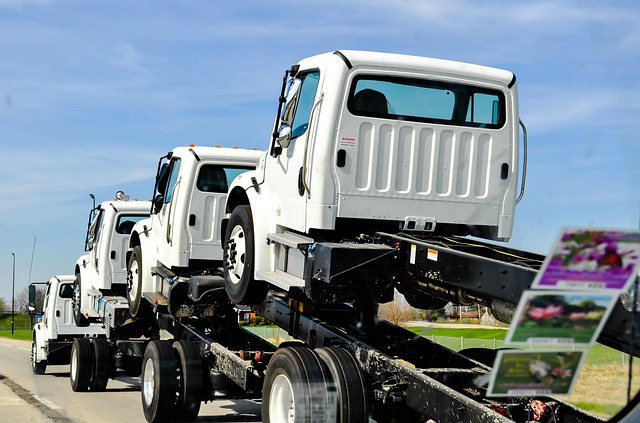
When applying for a heavy haul permit, thorough documentation is key. You’ll need to provide detailed information about your operation, including specifications of your select heavy duty trucks. This includes make, model, year, and unique identifying features like serial numbers. Additionally, ensure you have records of regular maintenance and safety inspections conducted in accordance with relevant regulations.
Beyond these basics, expect to furnish proof of insurance, especially for commercial truck insurance quotes that cover the specific risks associated with heavy haul operations. Some applications may also require environmental impact assessments, especially if your operation involves airborne sensors for truck fleets or other potentially sensitive activities. Remember to tailor your application package to reflect the unique aspects of your business and the specific requirements of the permit you’re seeking.
Types of Heavy Duty Trucks Covered

When it comes to heavy haul permits, understanding the scope is key. The regulations encompass a wide range of heavy-duty trucks designed for specialized and demanding transportation tasks. These include top-rated heavy duty pickup trucks known for their robust capabilities and versatility. From construction sites to remote logging operations, these vehicles are indispensable.
Among the covered vehicles, driverless tech in heavy haulage is gaining traction as an innovative solution, promising enhanced safety and efficiency. This modern approach, coupled with traditional models, ensures that various industries can operate within the permitted weight limits. Moreover, financing options are readily available on heavy-duty vehicles, making it accessible for businesses to acquire the necessary equipment.
Process of Obtaining a Heavy Haul Permit
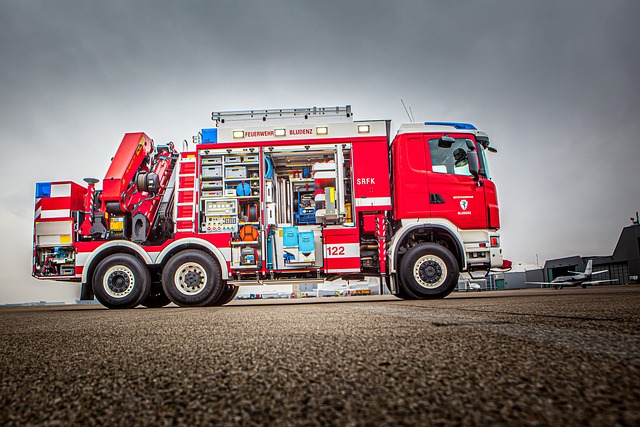
Obtaining a heavy haul permit involves several steps designed to ensure safety and compliance with local regulations. The process typically begins with an assessment of your specific transport needs. This includes selecting the appropriate heavy-duty trucks for the job, taking into account factors like load size, weight distribution, and road conditions. It’s crucial to consult with authorised truck service centers or reputable heavy duty truck dealers who can guide you in choosing vehicles equipped with advanced safety features such as collision avoidance systems for big rigs.
After selecting the right trucks, applicants must gather necessary documentation, including vehicle registration, insurance details, driver’s licenses, and proof of training. They will then submit an application to the relevant transport authority or department of motor vehicles (DMV). This application process often involves providing detailed information about the haul, such as load dimensions, route plans, and the need for any special permits or endorsements.
Renewals and Expiry Considerations

When navigating heavy haul permit requirements, understanding renewal and expiry cycles is paramount for uninterrupted operations with your select heavy duty trucks. Permits, like any regulatory document, have a lifespan, and staying on top of these dates ensures compliance and avoids costly delays. Each jurisdiction may have its own timeline for renewals, demanding proactive management to prevent lapses in authorization.
Efficient cargo management solutions rely on timely permit updates. Authorised truck service centers and their high-tech semi truck monitoring systems can play a crucial role in this process by providing real-time visibility into permit statuses. By leveraging these resources, fleet managers can streamline the renewal process, ensuring that their select heavy duty trucks remain authorised for operations, thereby optimising both efficiency and legal compliance.
Obtaining a heavy haul permit is a comprehensive process designed to ensure safe transportation of oversized or heavy loads. By understanding the basic requirements, eligibility criteria, documentation needs, and the types of trucks involved, you can navigate the application process seamlessly. Remember, proper permitting ensures compliance with regulations and fosters a safe environment for all road users. When selecting heavy duty trucks for your project, keep in mind the specific permit requirements to avoid any delays or legal complications.





